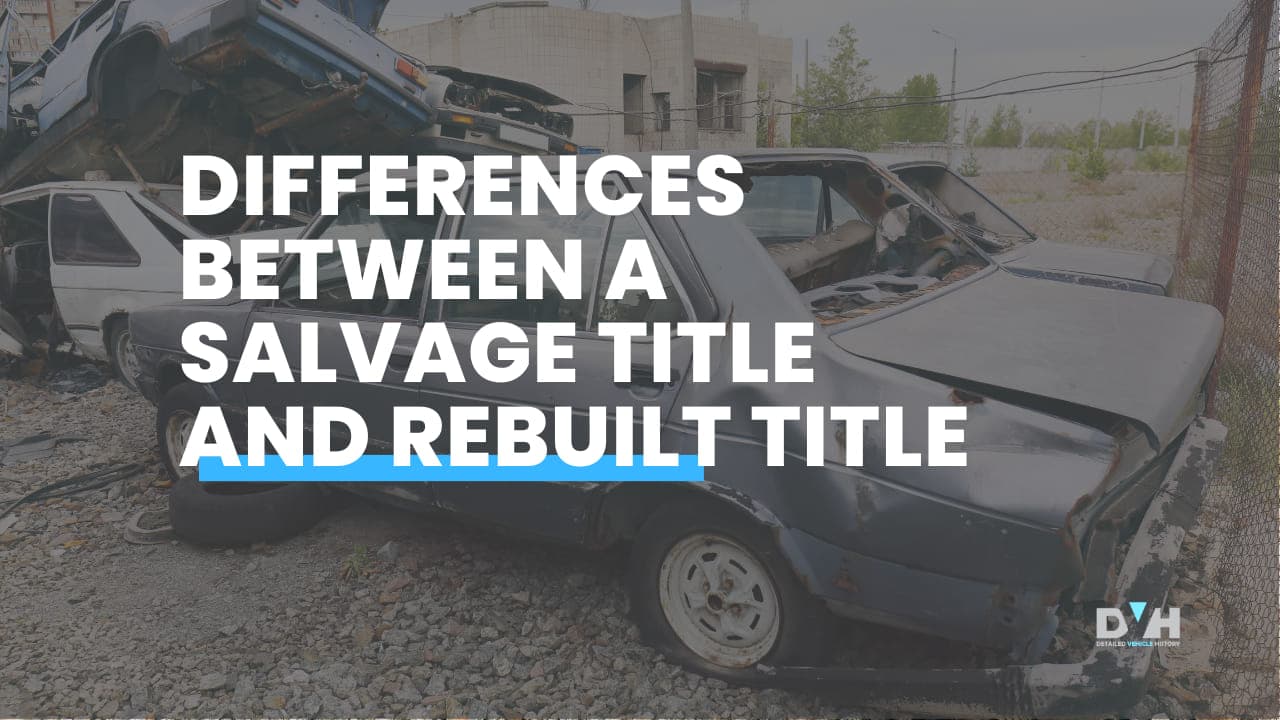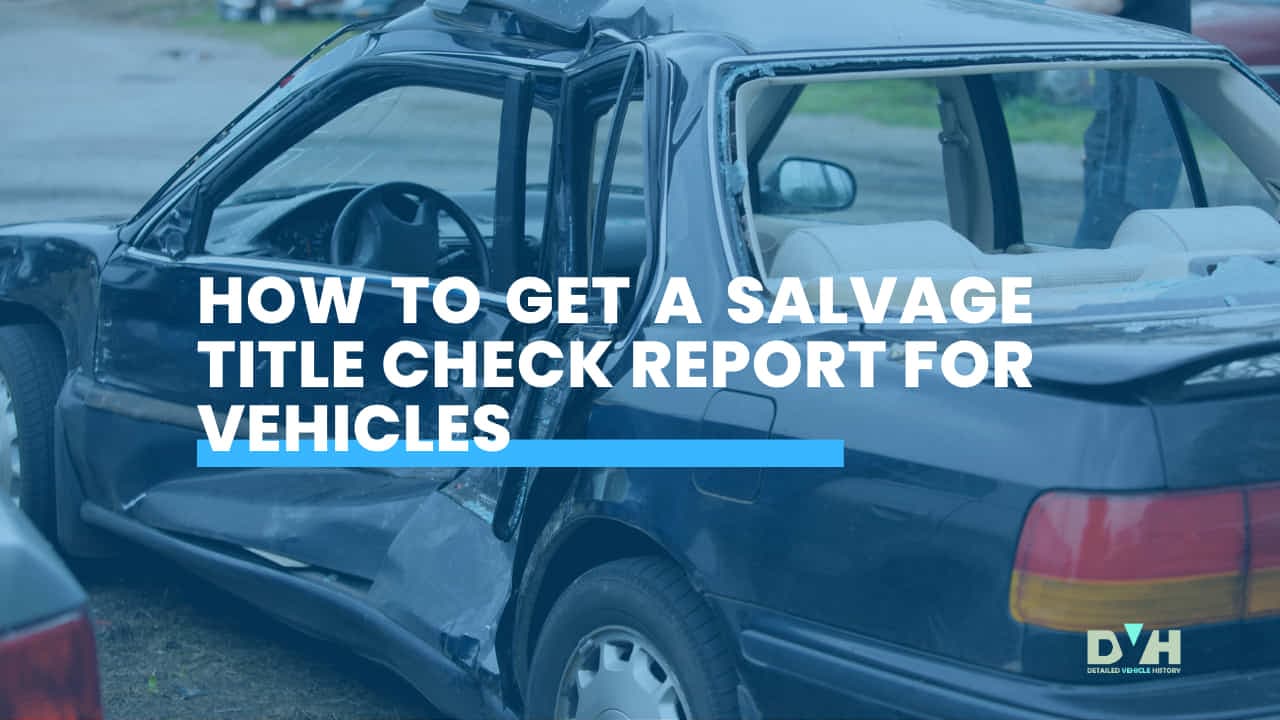Salvage Title vs. Rebuilt Title: What is a rebuilt title?
After a vehicle has been given a salvage title, most states prohibit such vehicles from being driven.
In such cases, these vehicles can be worked on and essentially rebuilt with standard materials and mechanical components.
After successful repairs, salvage cars can be carried out for a state salvage inspection at the DMV.
If the vehicle passes the inspection, it is issued a rebuilt title, signifying that it was a salvage vehicle but is now safe to drive.
The main difference between a salvage title and vs. rebuilt title is that salvage cars are sold “as is,” implying that the buyers would have to make the repairs themselves.
A rebuilt title, on the other hand, signifies that a vehicle had a salvage title but has been repaired, has passed the state inspection, and is now safe to drive.
However, it is recommended that car buyers generate vehicle history reports to easily identify title brands before car purchases.
This prevents the purchase of damaged vehicles and serves as a guide to the best vehicles in dealerships. So which is better? Rebuilt title vs. salvage title?


